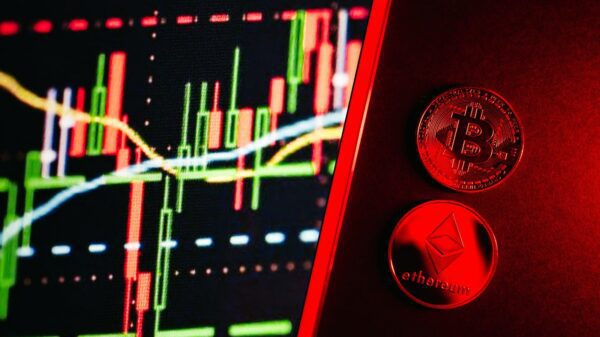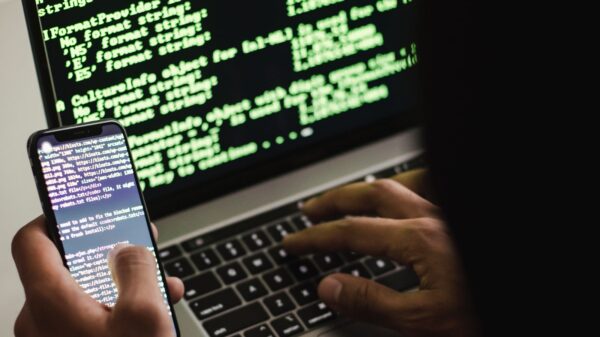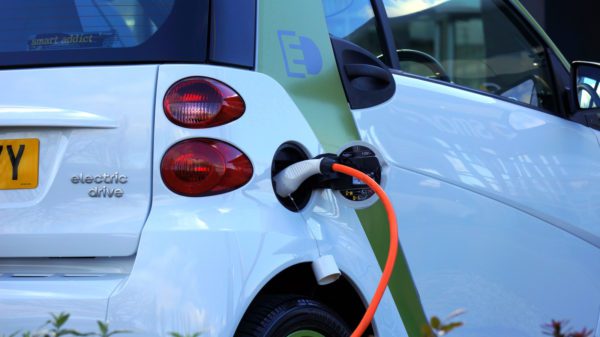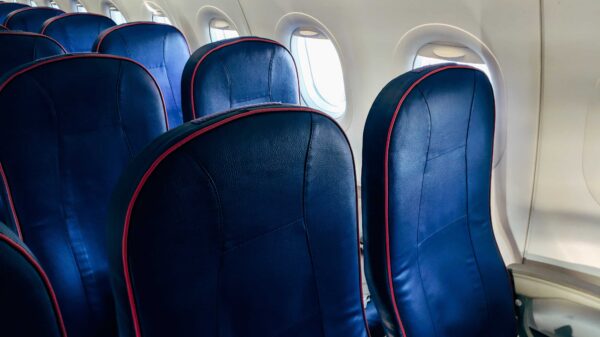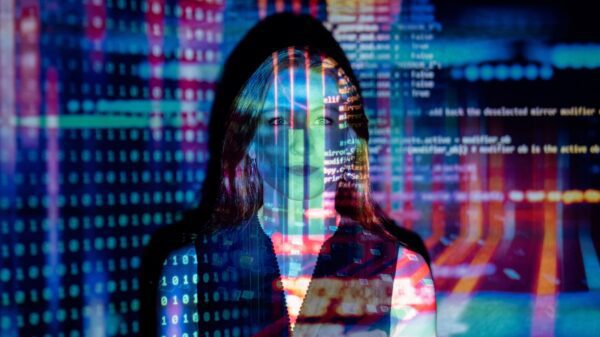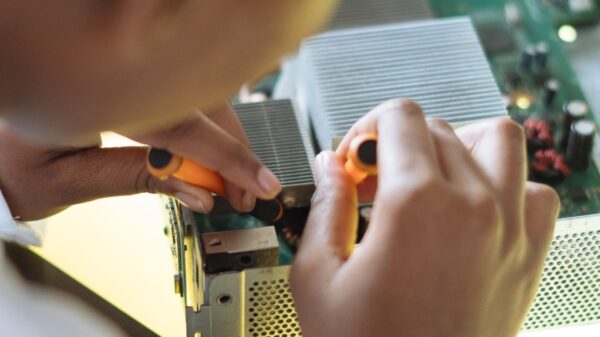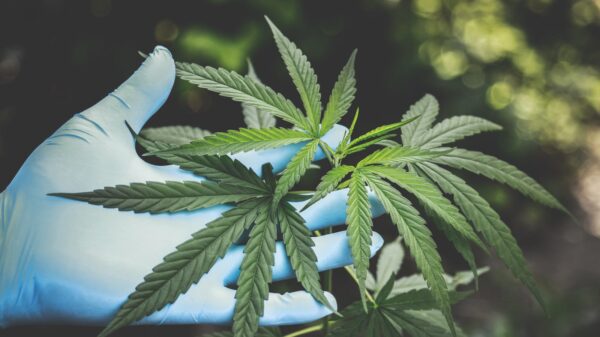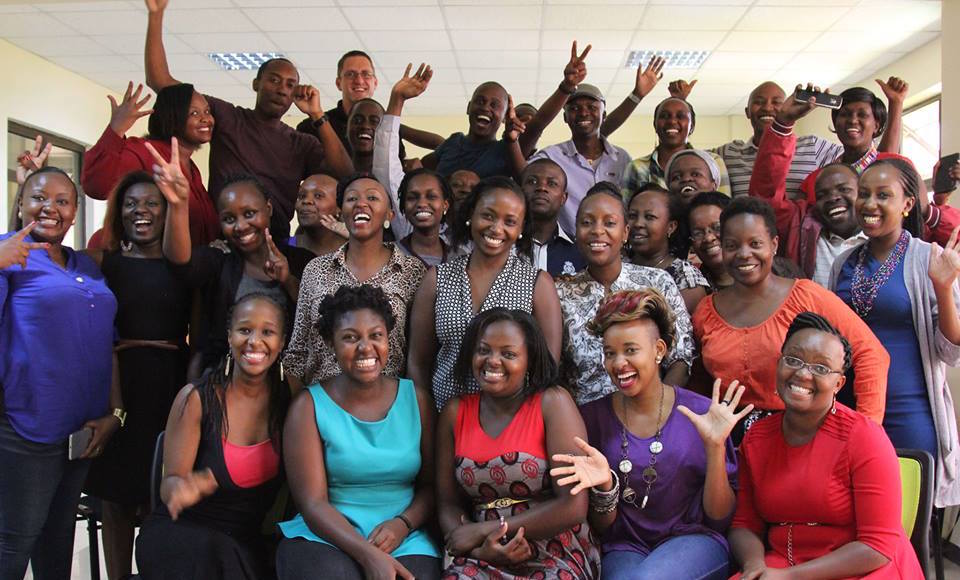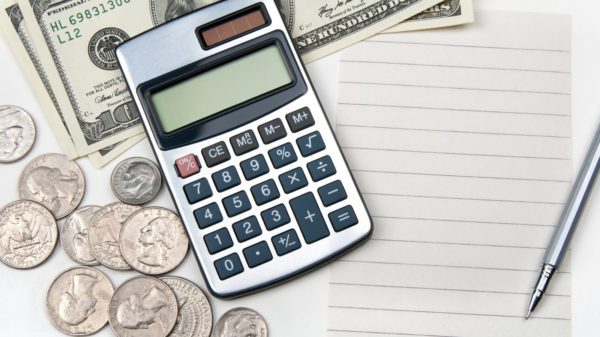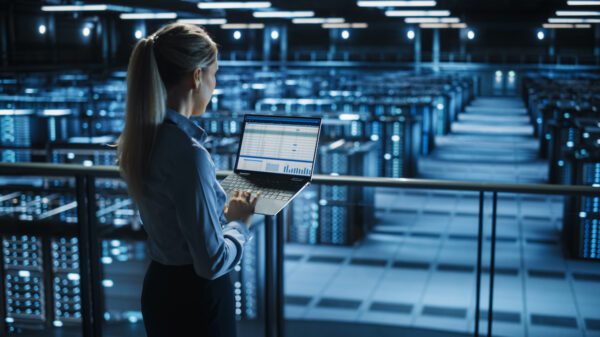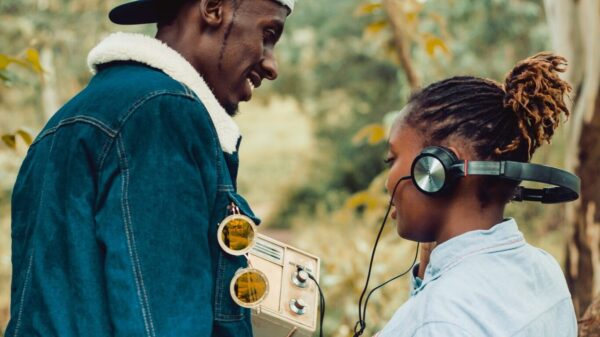Usually a bootstrapping entrepreneur would welcome an inflow of capital to help grow her business. But sometimes a culture of distrust can make founders wary of outside influence. That’s what happens often in Kenya, according to Courtney Rountree Mills, a social entrepreneur who founded a business accelerator called Sinapis to teach ethics-centered leadership in the African country.
Due to widespread corruption and a troubled history of colonialism, Mills said many Kenyans feel very anxious about outside meddling or letting go of ownership of their company. They would rather stay very small as a business and own 100 percent of it, she said, rather than let in outsiders bring expertise and capital and help them grow their business 100 times larger than it was before.
“It’s a mindset shift that allows them to see that their percentage of the pie might be smaller if they let outsiders in, but if the pie is 100 times bigger than before the value of their share is much larger,” Mills told Opportunity Lives.
“It’s a fundamental issue of trust, and if that isn’t addressed they likely won’t be successful in investor negotiations,” she explained.
Mills has found that identifying certain mindset issues and embedding them into the curriculum through highly localized case examples and honest discussion results in significant growth for both the entrepreneur personally and the business.
While a student at the Harvard Kennedy School, Mills met Harvard Business School student Karibu Nyaggah during a student trip to east Africa in December 2008. After planning together, Sinpais was launched in Nairobi in November 2010. The word “sinapis” is the Latin name for the mustard seed—the object of one of the most famous parables in the Bible. For Mills, the word symbolizes the planting and growing of businesses. Just like any new business or social enterprise, many things turn out differently than founder plan them. Mills said for Sinapis, the key has been to constantly adapt as they learn new things, even today, more than six years later.
“I think one of the key things that was different than what we had expected was that we actually aren’t just teaching business concepts,” Mills said. “Business concepts are quite easy to teach. But, if you just focus on that, you won’t see a ton of impact. Where we see real impact is where we start to address not only business concepts but also mindset shifts that are locally embedded through history or culture.”
For example, Mills said, Sinapis can teach about business financing or equity or loans or how to impress investors. But, she added, “we won’t see any impact from that unless we address an underlying mindset issue around ownership.”
Mills said she launched Sinapis because she believes that the key to long-term, sustainable economic development in any country lies primarily in the hands of its authors of innovation, its entrepreneurs. Sinapis was started to create ethical business leaders that can start great companies that not only provide for entrepreneurs but also foster growth in the communities around them.
“They are the job creators, and they have the incredible responsibility of employing and supporting the rest of the country,” Mills said. “I felt that countries like Kenya would only experience long term sustainable growth and reduced unemployment when this population was supported with the knowledge and resources they needed to start and grow their businesses effectively at an affordable cost.”
Mills also pointed to the rampant corruption in Kenya and around Africa that created economic inefficiencies and undermined trust among would-be investors.
When Mills first went to Kenya to start Sinapis, she said she decided to buy a car to shuttle around easier. She said asked a friend where to get a car, and he warned her: “If someone tells you he is a born again Christian, don’t buy a car from him. He is almost certainly a con artist.”
At first Mills said she thought he was joking. But when she wanted the engine checked after responding to an owner’s ad, the man said, “Oh, no, no. You don’t have to do that! I’m a born-again Christian! You can trust me.”
“As a practicing Christian myself, I realized the extent of the tragedy,” Mills said. “People in the marketplace were prostituting Jesus’ name for economic gain. To be a Christian sometimes had a negative connotation, one equal to being called a fraud. Kenya is country where 85 percent of the population says they are Christian and go to church regularly (most every Sunday), but it is also one of the most corrupt countries in the world. How does that add up?”
For Mills, this was an integration problem, where she said people in Kenya know the scriptures (“Most know them better than I probably ever will!” she says), but most people haven’t thought about what their faith means in their daily lives in the marketplace.
“It’s like Sunday and Monday are as different as Mars and Venus,” Mills said. “This isn’t a Kenya only problem either. Even in the U.S., many Christians struggle to live truly integrated lives with their faith and their work.,”
From an organizational perspective, Mills said being a Christian organization has made it harder as it limits Sinapis’ sources of funding.
“But, the challenges are worth it because we don’t want to be just another organization that loses track of what is effective in order to get funding,” she said. “We know that being Christian in this context means that we can address important mindset issues straight on, so we are committed to staying the course.”
To date, Mills said Sinapis now has now nearly 600 graduates. Many Sinapis participants come with a business they have already started, but some are still in the very early stages and start businesses during the program. Mills said 125 new businesses have been started during or just after the Sinapis program ends, with an average growth rate in revenues per year among our alumni is 40 percent. Mills said on average Sinapis graduates create 3-5 jobs per year that their businesses are operational, totaling some 1,500 jobs. Mills also said nearly 80 percent of Sinapis alumni are still in business three years after graduation.
While Mills believes that for-profit development is definitely more sustainable and foreign-direct aid, she sees that it’s not always feasible. She recommends the book “When Helping Hurts” for smart analysis of this topic. The book argues that if would-be benefactors approach intervention wrong, they can do more harm than help.
“The concept is basically that you must tailor your intervention in a country to where the country is at the moment,” she explained. “If a country is just post civil war or just coming out of a major disaster, aid in the form of blankets and food and water can be appropriate. But as that country moves from this form of desperation to more of a recovery setting, your intervention also must change.
“You must not continue to provide things which the local markets can provide and sustain,” she said. “So, you must move to a different form of help, perhaps helping to rebuild roads or institutions that have faltered.”
Mills said then once a country moves from recovery to development where they are now moving forward with their own plans for economic growth, a country can move more into a for-profit intervention with investments and commerce.
“If you try for profit investments in a post-civil war highly traumatized society, you may not see much fruit from that,” Mills said. “Similarly, if you continue to give food and blankets in an economy that is moving forward with their own plans for economic development, you may just be creating a dependency that does more harm than good.”
Overall, Mills thinks much of the answer depends on the local context. There are no silver bullets. However, she adds, “I think moving as quickly as possible from foreign aid to private sector development is normally best.”
Mills said Sinapis is now in growth mode, expanding across Kenya, launching in Mombasa and Kisumu in the next few months. Sinapis also hopes to expand to two countries each year, trying to scale to new countries by partnering with like-minded organizations that want to run similar entrepreneur accelerators in their own country. Currently, Mills said Sinapis is starting with two partners in Ghana and Brazil that will launch in the next six to eight months.
“We equip them with curriculum and knowledge, but we fully expect to learn as much from them as they will from us,” Mills said. “It’s an exciting time for us! My long-term vision is to see this become a movement of like-minded people that want to empower thousands of entrepreneurs in countries all over the world. I want to see us all co-creating and learning from each other as we continue to tackle issues of economic development, corruption and faith in practical ways.”
Image Courtesy of Sinapis Group.
This article was originally published on OpportunityLives.com.



